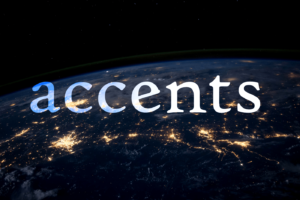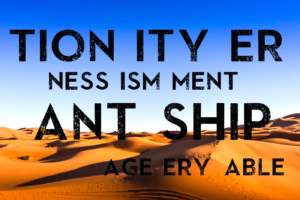Blog

For the conscious reader – part II
You arrive home from a week-long holiday, you open your suitcase and the cover of a book stares at you. The cover of a never-opened book that you picked specifically for the holiday that has just ended. I’m sure I’m not the only one who remembers a few book covers like that.

Accents
Have you ever faced the challenge of understanding the local accent in an English-speaking country? However good your English is, and even if you are a teacher of English with years of experience, it can be a humbling experience when you get into a taxi in Glasgow and the driver initiates a casual chat with you.

Seasonal dictionary
It’s the first day of summer 2024. According to the calendar, it’s time to put your imaginary spring dictionary back on the shelf. If you are ready to dust off your summer English dictionary, we have an updated summer vocabulary list for you.

An oasis of resources
What you can see hovering over our blog post image are the most common suffixes: -tion, -ity, -er, -ness, -ism, -ment, -ant, -ship, -age, -ery We would like to recommend an oasis of resources for language learners and language teachers. It’s a great tool for language learners whose objective is to get to know some more suffixes, or word endings, in addition to the ones they are already familiar with.

For the conscious reader
In less than 20 days it’s summer. For conscious language learners who want to find some great books for the summer we have an invaluable link.

The hyphen mystery
Is it Mothers’ Day today? Or Mother’s Day? Or Mothers Day maybe?